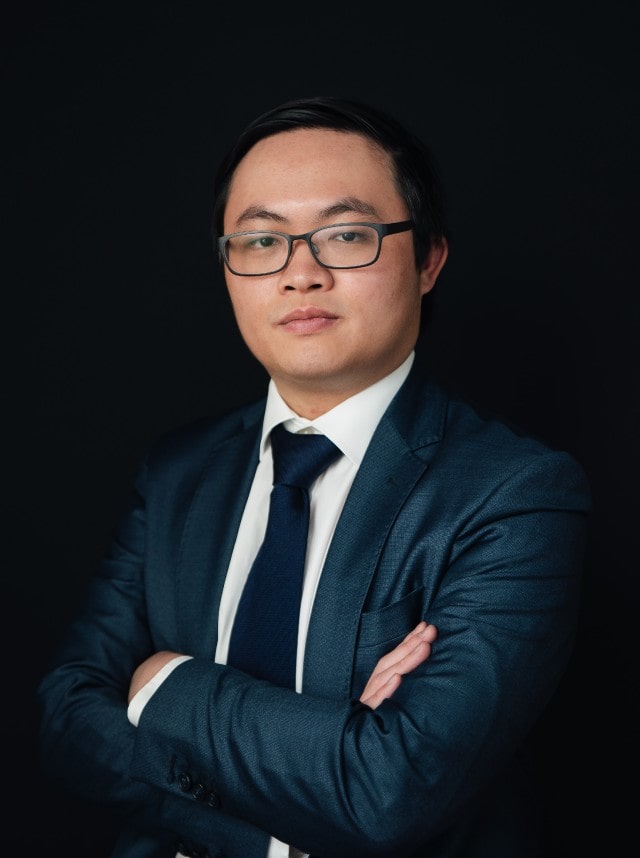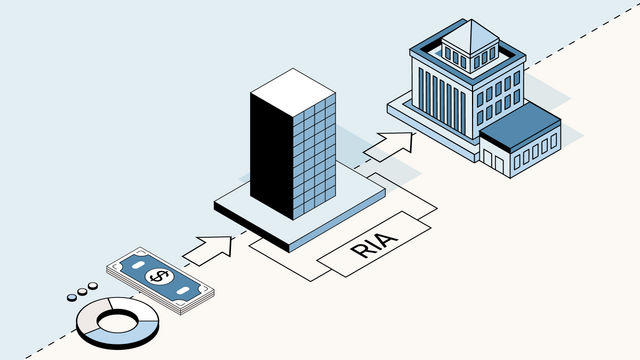It’s not a new phenomenon. But it’s back.
(Re-)enter venture 'mafias’.
What are venture mafias?
Venture mafias are co-investment syndicates – essentially investment collectives – that comprise a group of investors that share a common background.
They typically invest at the angel stage (pre-seed, seed and pre-A rounds) but are not limited to those segments. This common background tends to be the founding (or core) team members of a high-profile, successful technology startup, that has successfully exited (via a sale to a corporate/financial institution) or is on a strong growth trajectory towards an IPO.
Having worked in an intense environment in close-knit teams, and wanting to replicate the success of the company that they were previously involved in, they tend to band together and jointly invest capital, time and expertise, with the ambition of leveraging their collective success in delivering both capital returns and social growth.
The venture ‘mafia’ phenomenon is essentially the intersection of angel investing and venture operators, or the startup-meets-venture version of an university alumni network.
The changing world of venture
The world of venture capital is rapidly changing, towards a networks-driven model.
From veteran financiers with investment banking and private equity backgrounds, to venture capitalists hailing from a range of non-traditional profiles – the new generation that ‘make it’ and ‘break’ into VC tend to have quite a diverse background.
One such category are the fintech ‘mafias’ – not exclusively fintech, but given the exponential nature of fintech fundraising, a significant proportion of these new angel investment syndicates tend to be fintech alumni.
Origin story - the PayPal 'mafia'
The venture ‘mafia’ phenomenon originated from the acquisition of PayPal (as the merger of Peter Thiel’s Confinity and Elon Musk’s X.com) by eBay, resulting in the ’PayPal ‘Mafia’’.
What was notable about the exit of PayPal to eBay was that it delivered a substantial exit for a talented, high-growth group of individuals – essentially the venture equivalent of the ‘Tiger Club’ phenomenon – and also in that this collective mirrors the two archetypes of venture ‘mafias’ that exist.
Elon Musk then went on to found Tesla Motors & SpaceX; Max Levchin founded Affirm, whilst Peter Thiel became a prominent venture capitalist (having founded Founders Fund and Valar Ventures, and having backed Facebook as an early investor in an angel round) in his own right.
Two types of 'mafia’:
Whilst the original ‘PayPal Mafia’ was a mixture of the two distinct classifications, the venture ‘mafia’ phenomenon can be generally be summarized and split into two types:
-
Alumni-focussed 'Mafia’: Given the success of the original startup (and therefore the alumni of the startup essentially having been vetted), the core investment thesis is to financially back, encourage, incubate and grow members of the alumni network that decide to found their own technology startup.
-
Investments-oriented 'Mafia’: Additionally, due to the experience and network, coming together to source and co-invest in promising technology startups that fit the profile of being high-growth and operationally-scalable early-stage companies.
Alumni-focused investing
As the venture equivalent of an university or school alumni network, and with the background of having been accepted within the ranks of the company, alumni-based networks are one classic example of venture 'mafias’.
One famous example of this are the XOOGLERs, which comprises angel investors who previously worked at Google, investing in technology startups and early-stage companies that were founded by ex-Googlers.
Resurgence – Revolut ‘mafia’, (Transfer)Wise ‘mafia’
For a period of time, the venture ‘mafia’ phenomenon faded, as venture capital professionalized and scaled, with funds being the predominant way of investing.
Angel-led seed investing has seen a renaissance as fintechs began raising more frequently and at substantially higher valuations.
Examples of venture ‘mafias’ include the alumni of fintech banks (Revolut, Wise, Monzo and N26), the ‘Deliveroo Mafia’ and Klarna.
The co-founder and former CEO of Monzo, Tom Blomfield, has also been known to angel invest in Monzo alumni and to co-invest alongside the venture backers in Monzo.
The future
As the venture capital space becomes broader and deeper in its sophistication and range, the re-emergence of the venture ‘mafia’ phenomenon will complement the trend of non-traditional investors (such as family offices) making direct co-investments into technology startups raising institutional capital.




